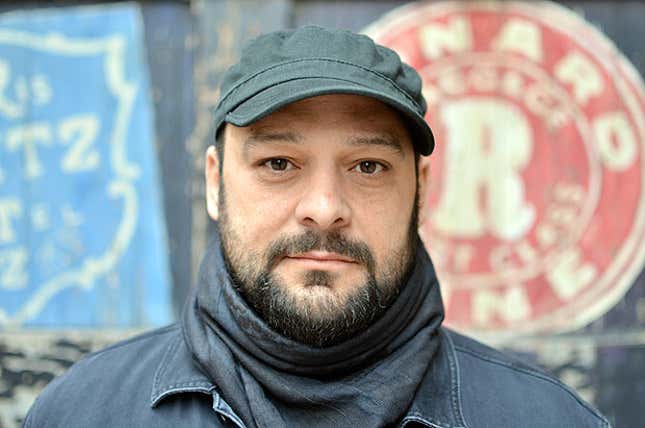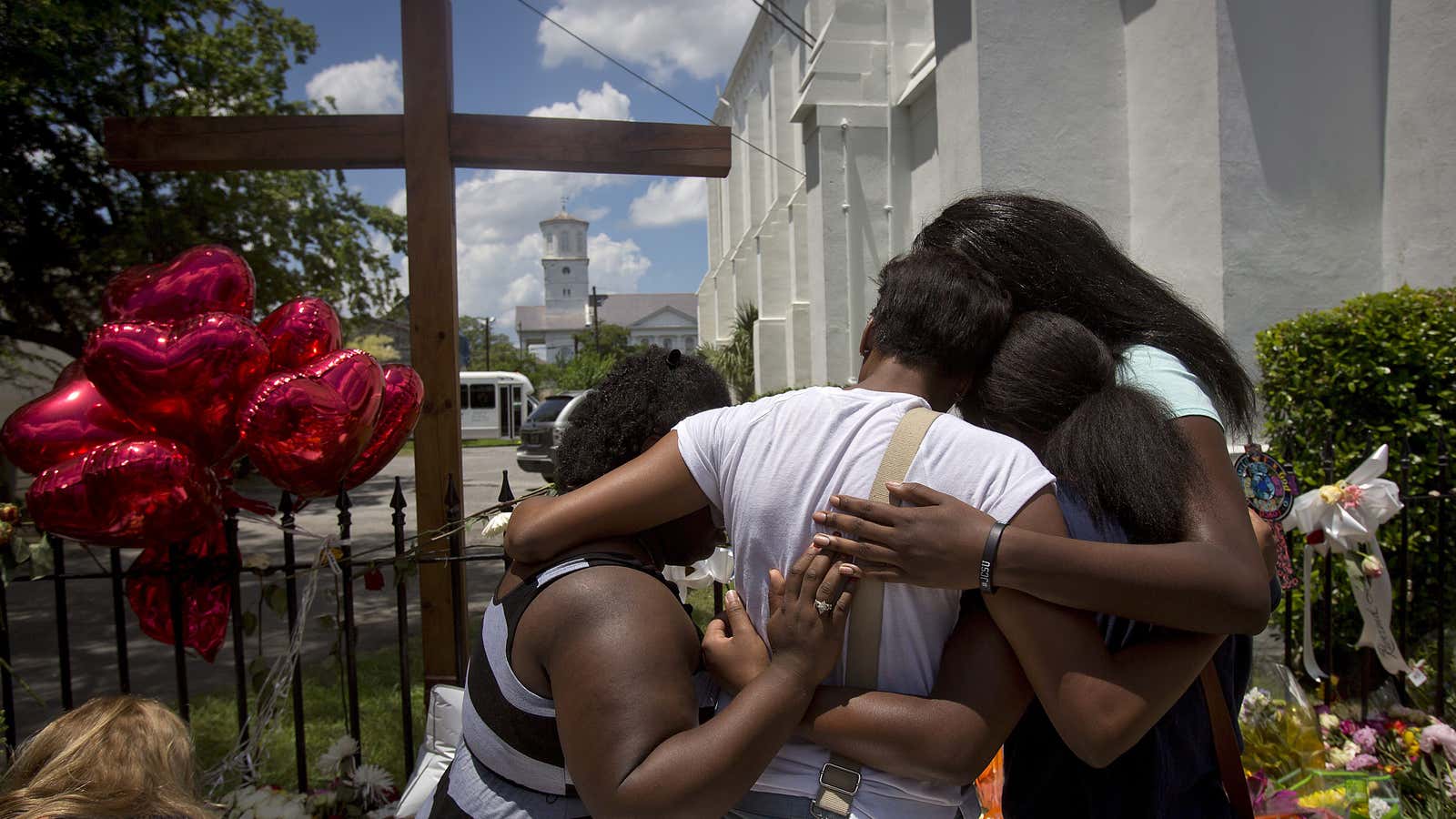The Trump administration plans to refocus a program to stop violent extremism in the United States to address only Muslims, ignoring white supremacist groups and other forms of extremism, Reuters reported Feb. 2.
Part of the Department of Homeland Security, the “Countering Violent Extremism” (CVE) program works with local nonprofits and community groups. It awarded $10 million in grants last year to police departments, universities, and nonprofits dedicated to addressing “the root causes of violent extremism and [deterring] individuals who may already be radicalizing to violence.” The program could be renamed “Countering Radical Islamic Extremism,” Reuters reports.
Right-wing extremists have been considered a growing threat by US intelligence agencies in recent years, and have executed a series of fatal attacks. The recent presidential campaign ushered in an increase in hate speech and raised the profile of white supremacy groups. Individuals and local governments have reported a rash of attacks on minorities and a rise in hate crimes across the US since the election.

The news is “extremely troubling on multiple levels,” said Christian Picciolini, the co-founder of anti-extremist group Life After Hate, and a former skinhead. “First and foremost, it sends a message that white extremism does not exist, or that countering it is not a priority in our country, when in fact it is a statistically larger and more present terror threat than any by foreign or other domestic actors,” he added, referencing Dylann Roof, Wade Michael Page, and others.
“We have hundreds of thousands of homegrown sovereign citizens and militia members with ties to white nationalism, training in paramilitary camps across the US and standing armed in front of mosques to intimidate marginalized Americans,” Picciolini said. “The greatest terror threat we face as a nation is already within our borders, yet we refuse to even call it terrorism when it happens.”
Life After Hate, a nonprofit founded by former members of the violent far-right extremist movement in the US, works with individuals who wish to “leave a life of hate and violence” and communities that hope to drive out racism. The group, which has been around since 2009, is funded by its founders. It had been chosen last year for a CVE grant, which it has not yet received.
The Trump administration’s move appears to reflect its dark view of Islam—a view it’s moving to the center of US policymaking (paywall), as the New York Times explained this week.
The change could not only “bolster and legitimize violent white extremism,” but also “radicalize disaffected fringe elements within Muslim communities,” Picciolini said. “This decision, if true, would severely harm or destroy any community-led efforts to help people disengage from violent extremism and potentially stop future terrorist acts.”




